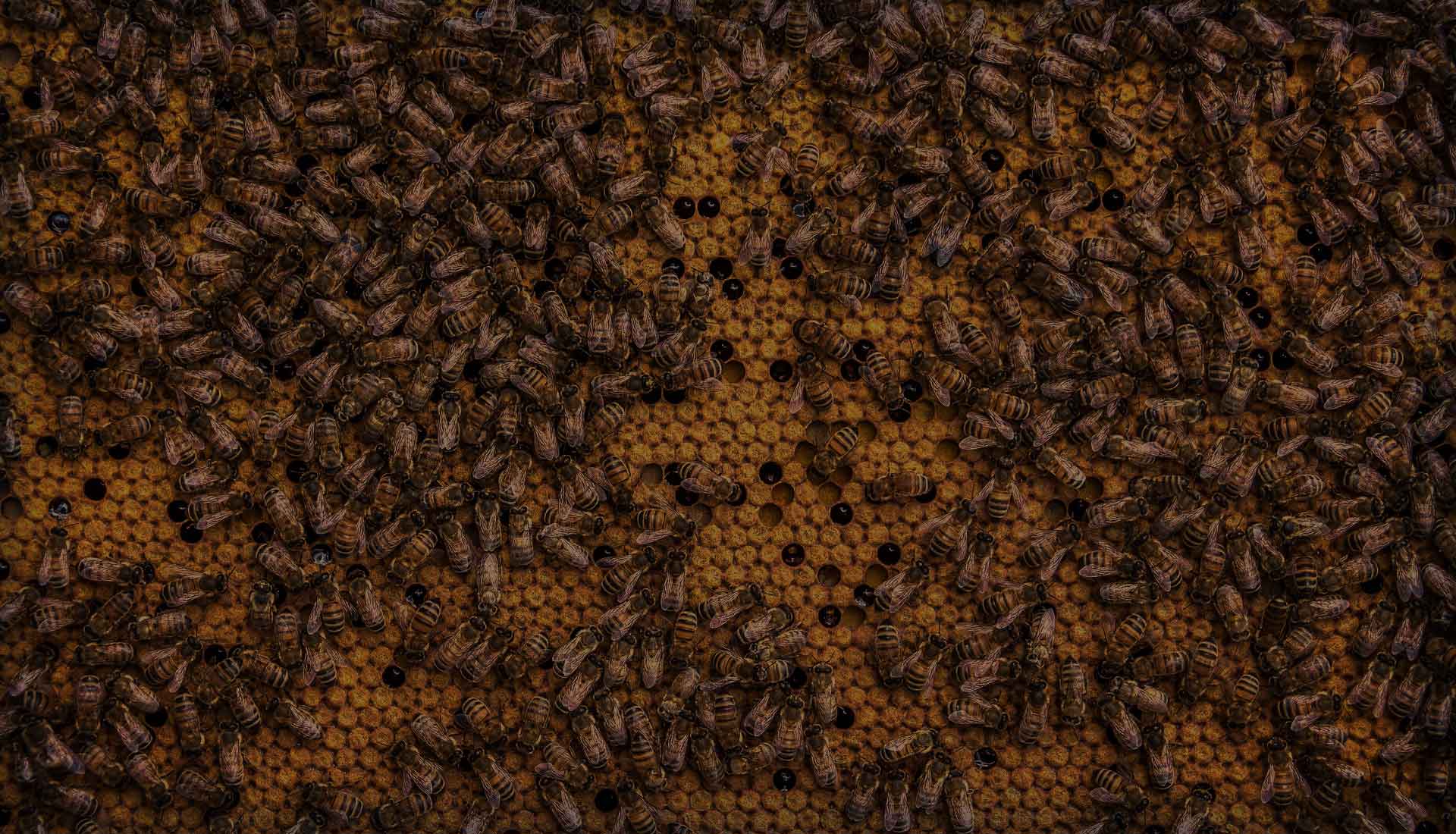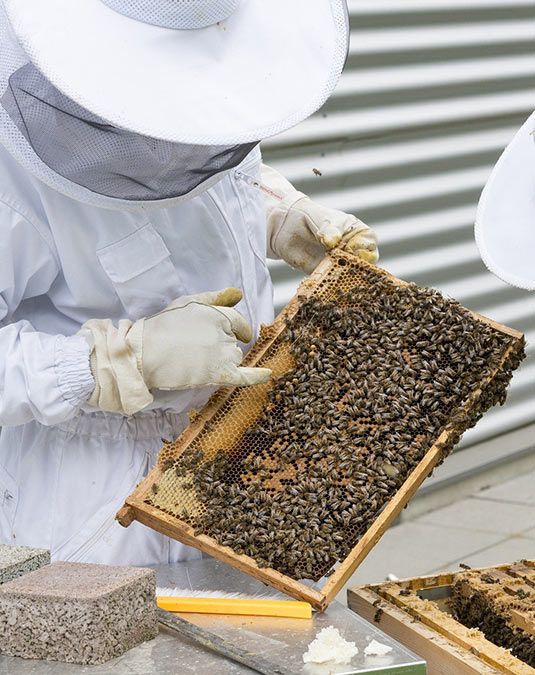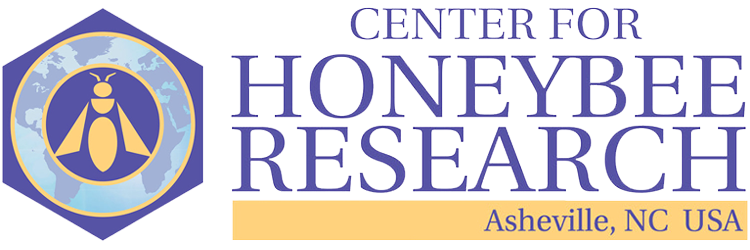
Honeybee Research
Center for Honeybee Research began working on Project Genesis in 2012. This bi-weekly data collection is by far the most impressive longitudinal study to date to compare hive management strategies. This enables us to provide updated, science-backed best practices to beekeepers around the world.
Whether we are collaborating with university researchers or with other beekeepers using traditional or state-of-the-art methods, we are dedicated to contributing real answers to the questions, “What is killing the honeybees?” and, “How can we help them?”
We are also pioneering the open-sourced collection of data from hives around the world via real-time online monitoring using HiveTool™.
We are able to run leaner and more efficient data collection and research because we lack the administrative overhead of major universities and research labs.
One of our academic guest speakers, when asked about the “million dollar” federal grant he received to find the cause of CCD (Colony Collapse Disorder) replied, “It wasn’t a million dollars, but let’s say it was. Right off the bat the University takes $500,000 for administration. What’s left goes to overhead, and utilities – I’ve got paid staff and technicians and laboratory supplies. So that million dollars becomes $10,000 to do actual research.”
The story is similar at other universities and at the USDA Honeybee labs — funds are eaten up by overhead and can be eliminated by budget cuts. Most research dollars are wasted on incidental and administrative expenses. As a volunteer organization, with crowd-sourced, web-networked citizen-science data, our overhead is extremely low, and our data quality extremely high.
Learn more about our research on our Project Genesis page.

